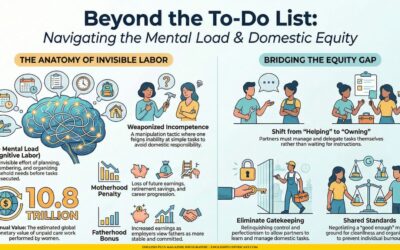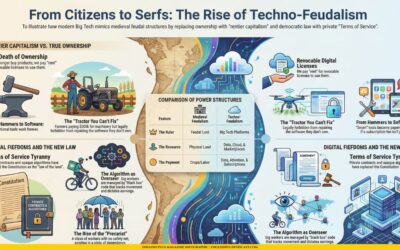Imagine a marketplace at dawn, brimming with life and bustle. Vendors arranging vibrant fruits and vegetables, the air ripe with the fragrance of fresh produce. At a corner café, Sophie, a bright, young food blogger, sips her almond milk latte, ready to explore the day’s flavors. Sophie is a vegan, and this marketplace is her treasure trove.
Not so long ago, Sophie’s choice to follow a plant-based diet was seen as unconventional, even radical. Today, however, the very marketplace that was once dominated by butchers and fishmongers has started embracing her lifestyle. More and more stalls now offer an array of vegan-friendly products, and our blogger couldn’t be happier.
This is the world many of us are becoming familiar with – a world witnessing the rise of veganism. The surge in plant-based diets has been one of the most fascinating trends of the 21st century, prompting a paradigm shift in how we view food and its relation to our environment, health, and society.
Let’s turn back the clock to the mid-20th century, a time when meat and dairy were symbols of prosperity and abundance. This association of animal-based products with wealth and well-being was deeply rooted in our cultures, painting a picture of vegans as outliers who chose to reject these societal norms. However, as we stepped into the new millennium, armed with information about climate change, health issues linked with diet, and growing concerns about animal welfare, the tables started to turn. More and more people began to reconsider their dietary choices, leading to a slow but steady increase in veganism.
As veganism took hold, it began to influence many facets of culture, sending ripples through the fabric of society. The food industry was the first to feel the tremors. Restaurants started to offer vegan options, supermarkets dedicated aisles to plant-based products, and entirely vegan eateries sprung up. The marketplace was evolving, fueled by demand for vegan-friendly products.
Next came the wave of change in our social interactions and celebrations. Holidays, traditionally centered around meat-heavy feasts, began to include vegan dishes. Potlucks and dinner parties saw the addition of plant-based alternatives, ensuring everyone could partake in the joy of shared meals.
The fashion and beauty industries were not left untouched. Fueled by the ethics of veganism, these sectors saw a surge in cruelty-free and vegan products. Leather alternatives became fashionable, and make-up free from animal testing found its place on the shelves. A vegan lifestyle was no longer just about what one ate but extended to what one wore and used.
This change has not been without its challenges. As veganism grows, it rubs against deep-seated cultural norms and traditions. It asks questions of societies where meat consumption is tied to masculinity, regions where livelihoods depend on fishing, communities that celebrate with grand feasts laden with animal products. It pushes us to reconsider not just our diets but our customs, our economies, our very ways of life.
And yet, the vegan movement is not about shunning all that we have known and accepted but about finding a middle ground. It is about making conscious choices that favor sustainability and compassion. It is about fostering a culture that values all life and seeks harmony with the environment.
Like Sophie, who explores the marketplace with newfound enthusiasm, we too can navigate this cultural shift with curiosity and openness. We can seek knowledge, ask questions, and make informed choices. We can embrace plant-based alternatives, not just as substitutes but as enriching additions to our culinary landscape. We can incorporate vegan-friendly practices into our industries, create inclusive spaces, and build a society that values and respects all dietary choices.
The rise of veganism is more than just a dietary trend; it is a testament to our capacity to evolve, to empathize, and to make changes for the greater good. It’s a journey of transformation that we all are a part of, whether we are vegans, vegetarians, flexitarians, or omnivores. As this emerald wave continues to rise, it invites us to reflect upon our choices, to respect diversity, and above all, to celebrate the joy of food in its most compassionate form.
In our grand cultural tapestry, the rise of veganism adds a new thread – a vibrant, green thread that weaves tales of change, tales of hope. Let’s honor this thread, learn from it, and allow it to enrich our understanding of ourselves and the world we share. Let’s embrace the dawn of emerald dining, the era of conscious, compassionate choices, and let’s explore the myriad flavors this new day brings.










0 Comments